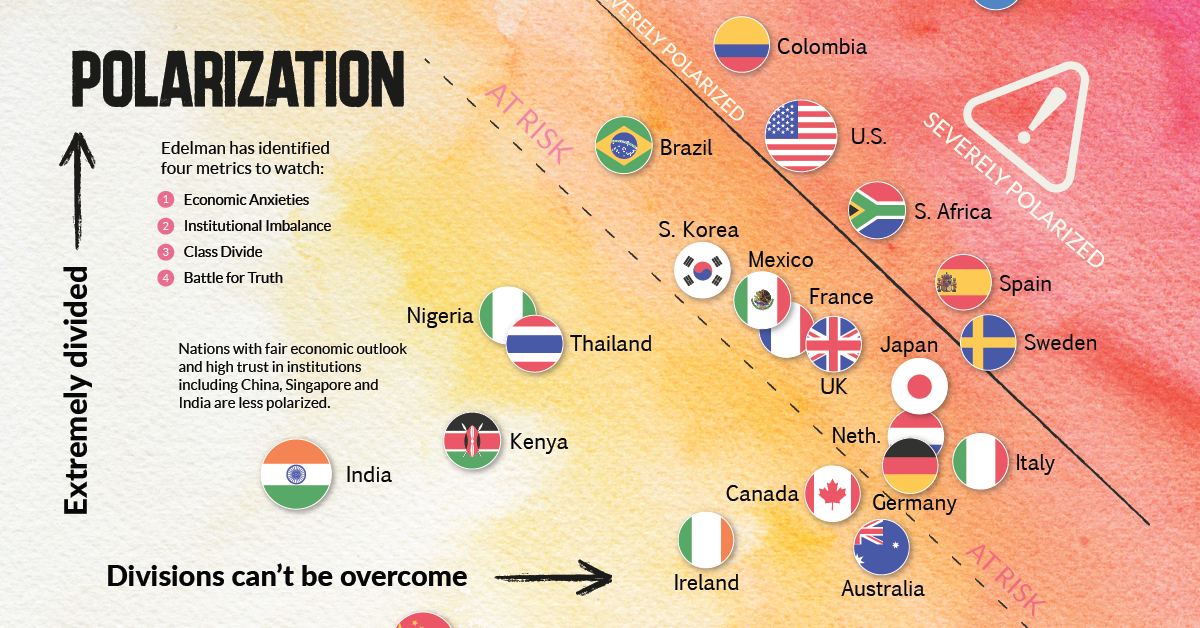
Trudeau's Reign Ending: A Crossroads Of Politics And Polarization
On August 2, 2023, Prime Minister Justin Trudeau announced that he will be stepping down from his position after nearly eight years in power. This announcement comes at a time when Canada is facing a number of challenges, including the COVID-19 pandemic, the ongoing conflict in Ukraine, and the rising cost of living. Trudeau's departure will leave a significant void in Canadian politics, and it is unclear who will succeed him as leader of the Liberal Party.
Factors Contributing to Trudeau's Resignation
Trudeau has cited a number of factors that have contributed to his decision to step down, including the challenges of leading during a time of great uncertainty and the need for a new generation of leaders to take the helm. He has also said that he wants to spend more time with his family, who have sacrificed a great deal during his time in office.
In addition to these personal factors, Trudeau's resignation is also likely due to the increasing polarization in Canadian politics. In recent years, Canada has become increasingly divided along ideological lines, with the left and right becoming more entrenched in their positions. This polarization has made it difficult for Trudeau to find common ground with his opponents and to pass legislation.
The Legacy of Trudeau's Reign
Justin Trudeau's tenure as Prime Minister has been a tumultuous one. He has been praised for his leadership on issues such as climate change and LGBTQ rights, but he has also been criticized for his handling of the COVID-19 pandemic and the SNC-Lavalin affair. Overall, Trudeau's legacy is likely to be mixed.
On the one hand, Trudeau has made significant progress on a number of important issues. He has implemented a national carbon tax, legalized cannabis, and introduced a number of social programs to help Canadians. He has also taken a strong stand on climate change and has been a vocal advocate for LGBTQ rights.
On the other hand, Trudeau has also been criticized for his handling of a number of issues. The COVID-19 pandemic has exposed some of the weaknesses in Canada's healthcare system, and Trudeau has been criticized for his government's response to the crisis. The SNC-Lavalin affair also damaged Trudeau's reputation, and he was accused of interfering in the judicial process to help a Quebec engineering firm avoid criminal prosecution.
The Future of Canadian Politics
Justin Trudeau's resignation will have a significant impact on Canadian politics. It is unclear who will succeed him as leader of the Liberal Party, and the party is likely to face a leadership race in the coming months. The Conservative Party is also in a state of flux, and it is unclear who will lead the party into the next election.
The next federal election is scheduled for 2025, but it is possible that it could be called sooner. If an election is held soon, it is likely to be a close race, with the Liberals, Conservatives, and NDP all having a chance to win. The outcome of the election will have a significant impact on the future of Canadian politics.
Conclusion
Justin Trudeau's resignation marks the end of an era in Canadian politics. It is unclear what the future holds for Canada, but it is clear that the country is facing a number of challenges. The next federal election will be a critical moment for Canada, and it will determine the direction of the country for years to come.
